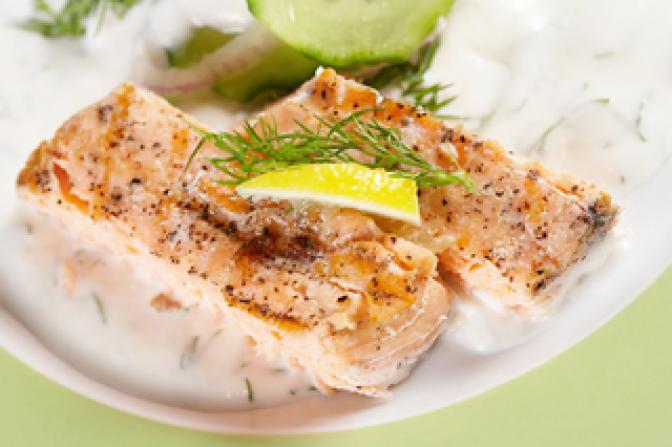Breaking Down Dietary Protein: What is it?
- English
- Español
August 22, 2018, 1:29pm EDT
By Linda M. Ulerich, RD
We all need protein in our diet every day. Protein is used to build muscle and fight infection and is made up of different amino acids, the building blocks of proteins. There are twenty different amino acids and nine of them are considered to be “essential” amino acids because the body can’t create them on its own. These must be obtained through dietary sources and protein in our diet can come from both animal and plant sources. It’s important to eat a variety of different protein-containing foods to ensure that your body gets all the different amino acids it needs to function properly.
During digestion, protein is broken down into various byproducts. Healthy kidneys remove the byproducts and filter out the wastes in the urine. When kidney function has declined, the byproducts of protein breakdown can build up in the blood instead of being cleared out in the urine.
What is an incomplete protein in the diet?
An "incomplete" or "lower quality" protein source is one that is low in one or more of the essential amino acids. Plant sources such as beans, lentils, nuts, peanut butter, seeds and whole grains are examples of incomplete proteins. The good news is that if you eat a combination of these incomplete proteins in the same day, they can provide adequate amounts of all the essential amino acids. Vegetarians can meet their protein needs with careful planning. For example, combining red beans and rice or peanut butter on whole grain bread together make a complete protein. Another bonus with plant proteins is that they are low in saturated fat and high in fiber.
Other foods such as breads and cereals, pasta and rice, fruits, and other vegetables provide smaller amounts of protein, but provide lots of other nutrients as well.
What is a complete protein in the diet?
Animal sources of protein are considered "complete" or "high quality" protein if they provide all of the essential amino acids. Animal sources of protein vary in their amount of fat, with fatty cuts of red meat and whole milk dairy products and eggs being the highest in saturated fat (less healthy for the heart). Fish, poultry, and low fat or fat free dairy products are lowest in saturated fat.
How do you know how much protein you need to eat each day?
Protein needs vary based on your age, sex and overall general health.
*If you have kidney disease or special dietary concerns, it is best to speak with your clinician, renal dietitian or certified diabetes educator before making any dietary changes.
Want an easy way to start eating less meat? Go Meatless Monday every week, and get regular tips and recipes by following #MeatlessMonday and learning more at MeatlessMonday.com.

